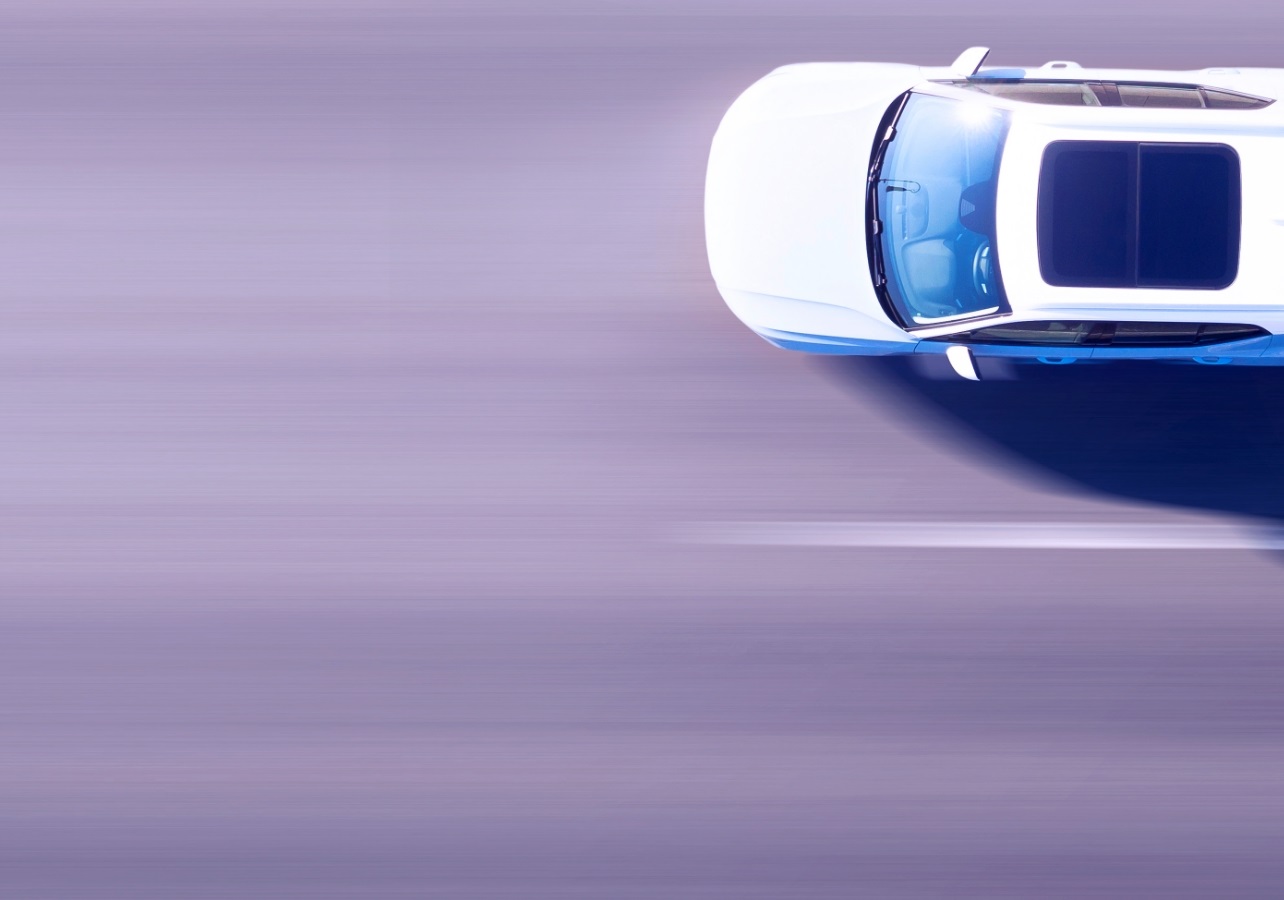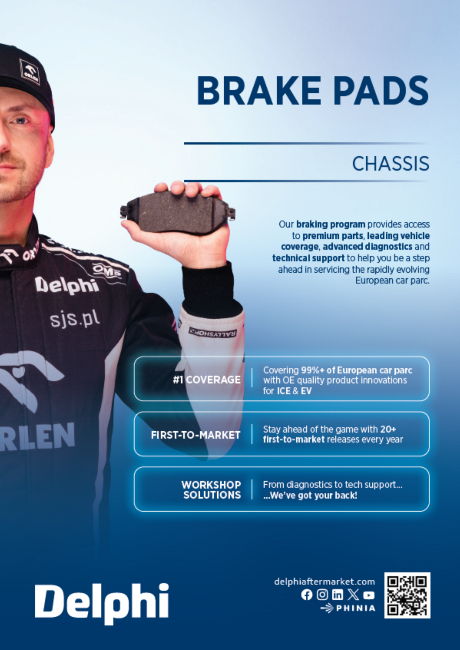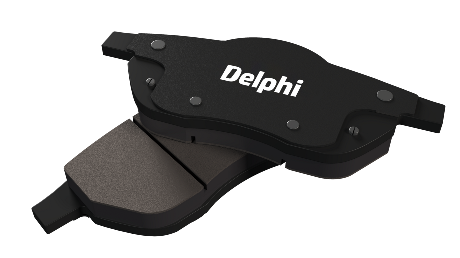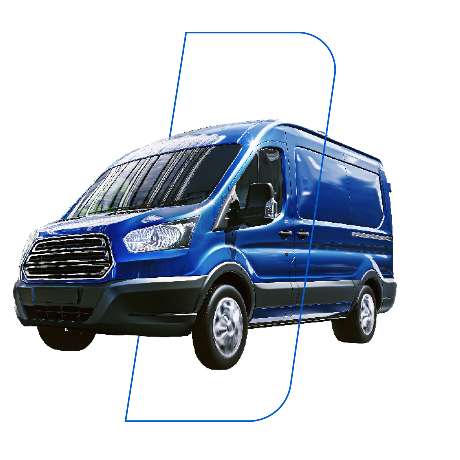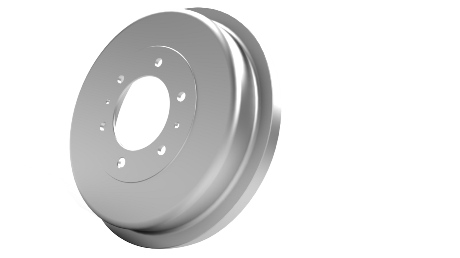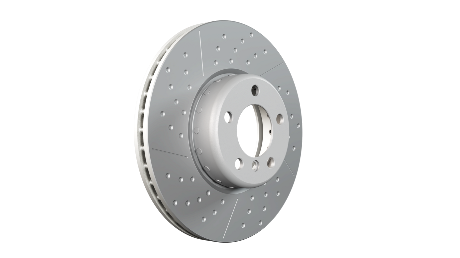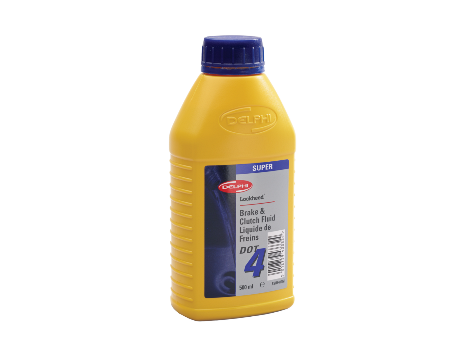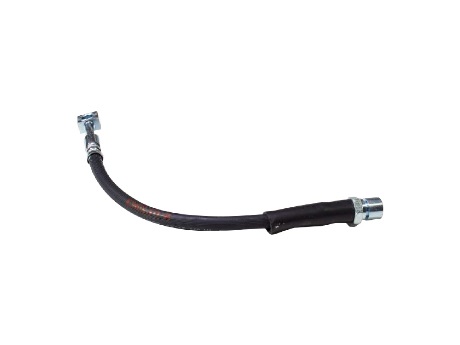Brake Discs

- Product Information
- Product Resources
- Enquire
- Related Products
ECE R90 certified brake discs
It should come as no surprise that our brake discs for new vehicles launched post 1 st November 2016 are R90 certified, alongside a range for popular older applications. After all, we’ve been meeting these quality standards for many years. The only difference today: our discs now undergo official ECE R90 testing schedules including performance, dynamic friction comparison, high load integrity and thermal fatigue analysis to certify that they perform to a prescribed tolerance of the OE part.
Learn more about Delphi’s R90 certified brake discs and why it matters.
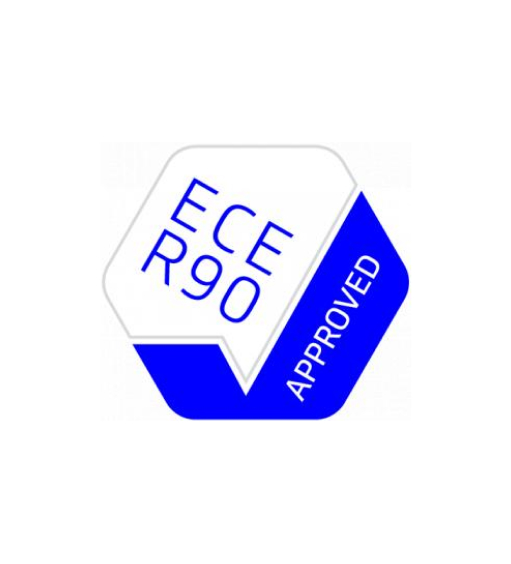
Fully coated brake discs
Thanks to a special zinc-flake, silver Geomet coating, our coated brake discs offer greater and longer-lasting corrosion protection compared with many oil-dipped or partially painted and coated equivalents, whilst also being more cosmetically appealing. And because they have no oil to clean off, they save valuable labour and service time. All this makes for a better protected disc that’s easier to install, easier to dismount as well as being easy on the eye too.
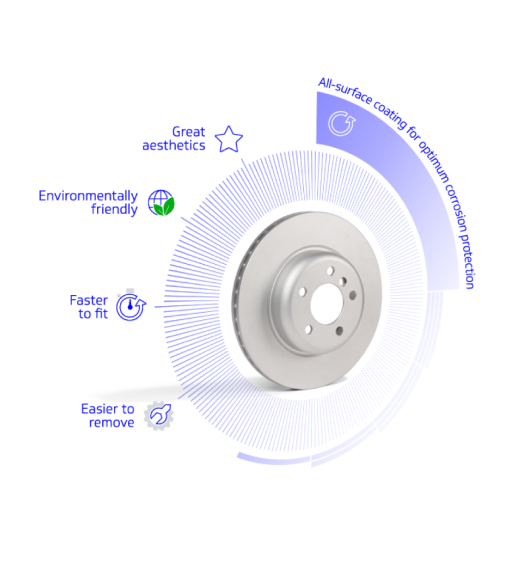
High-carbon brake discs
The added carbon content in our high-carbon discs helps to both reduce the risk of thermal cracking under high-temperature loads, and allows the discs to operate at a cooler temperature, for a more consistent braking performance. It also increases their resistance to distortion or warping for added durability, while delivering noise and judder free braking.
Cross-drilled brake discs
As well as looking cool from behind your wheels, our cross-drilled discs will keep your brakes feeling the same way – cool. The cross-drilled holes dissipate heat, brake dust and gases, helping to keep the pad surface cool and clean and reducing the risk of thermal distortion and warping. These same holes also prevent a film of water forming during wet conditions for improved braked response.
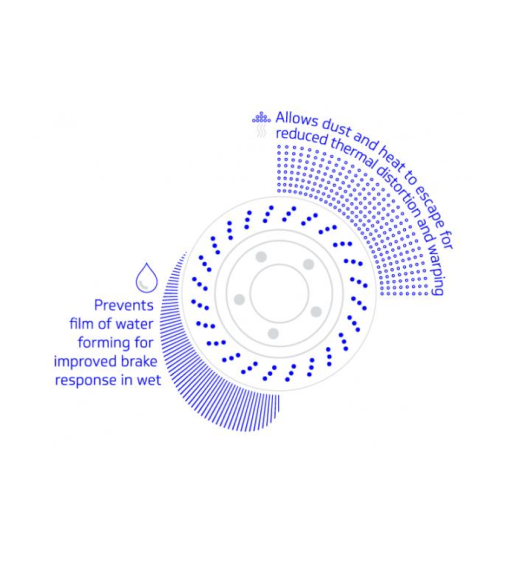
Vented brake discs
Our vented discs feature special internal cooling passages to maximise airflow. By continually moving air across the disc’s surface or through the disc itself, they allow more heat to be dissipated, improving both cooling capacity and resistance to cracking from thermal shock.
Brake discs with bearings
To avoid damage to the bearing during removal, and ensure the correct pressing in into the new, we offer a range of discs with these safety critical components already pre-mounted. They also include both toothed and magnetic ABS sensor rings, as per the OE, and the relevant fixing accessories. All for quick and accurate installation.
One-piece cast iron brake discs
Our one-piece cast iron discs offer an aftermarket alternative to BMW’s patented two-piece bi-metallic composite disc. Engineered from a single piece of cast iron, they deliver the same standards of consistency, longevity and braking performance as the two-piece disc, but at a fraction of the price. And to top it off, they come with fixing screws for quicker and easier fitting.
The Delphi Difference
-
100 years of OE experience, supplier to the world’s top automakers
-
OE heritage and knowledge built into every aftermarket part
-
Comprehensive portfolio for a wide range of vehicles and model years
-
Streamlined SKUs for easy inventory management
-
Support through tools, tips and training

Related product resources and downloads
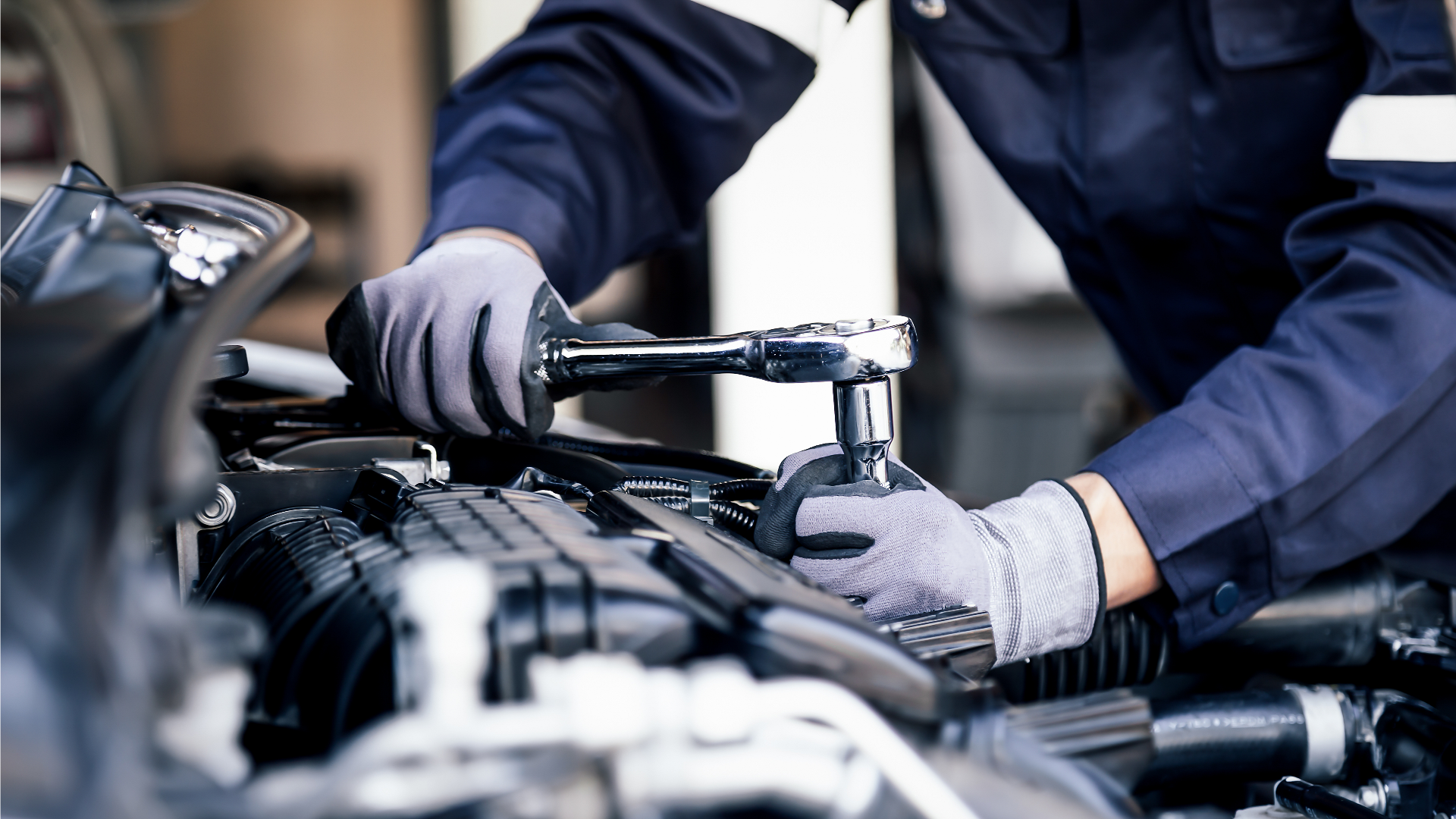
Resource Highlights
Come rain or shine, our brake pads stop the quickest. We tested our pads in both the dry and the wet, and again the Delphi pad came out top with the lowest reduction in friction levels.
We know our pads stop quickest in the dry. But what about the wet? After all in wet, slippery conditions it’s equally important that your vehicle stops quickly and under control, if not more so. This is all down to the brake pads friction coefficient, or in simple terms the quality of friction material.
So we tested Delphi, the OE and six leading aftermarket brands, on a VW Passat 2.0 TSI in both dry and wet conditions. First six stops in the dry. Then water was sprayed on the brakes for ten minutes prior to and during another six wet brake applications. This time, the tests measure the reduction in friction performance from dry to wet – simply because whilst the weather may change, the pads performance shouldn’t change too much. In this instance, less is definitely better.

And that’s the case with the Delphi pad. It recorded the lowest reduction in friction levels from dry to wet out of all the competitors. An average of 30 percent across the six stops, compared with falls ranging from 34 percent, all the way up to 81 percent for the other brands. Importantly the Delphi pad recorded the same friction coefficient as the OE in dry conditions – the benchmark since the vehicles braking system is designed to work with the OE pad – but outperformed it in the wet.

Test Criteria:
- Fully bedded pads.
- Both dry and wet performance recorded as average value of 6 stops.
- All stops 50-19 mph with a pressure of 30 bar.
- Prior to wet stops, brake is sprayed with water for 10 minutes. All 6 stops are performed while water is sprayed on brakes.
- Car: VW Passat Variant.
- Engine: 2.0 TSI.
See how Delphi outperformed the competition in other key tests– stopping distances, noise and wear.

Visit our Technician Library for access to Documents and Downloads
Get in touch
The full Delphi product range
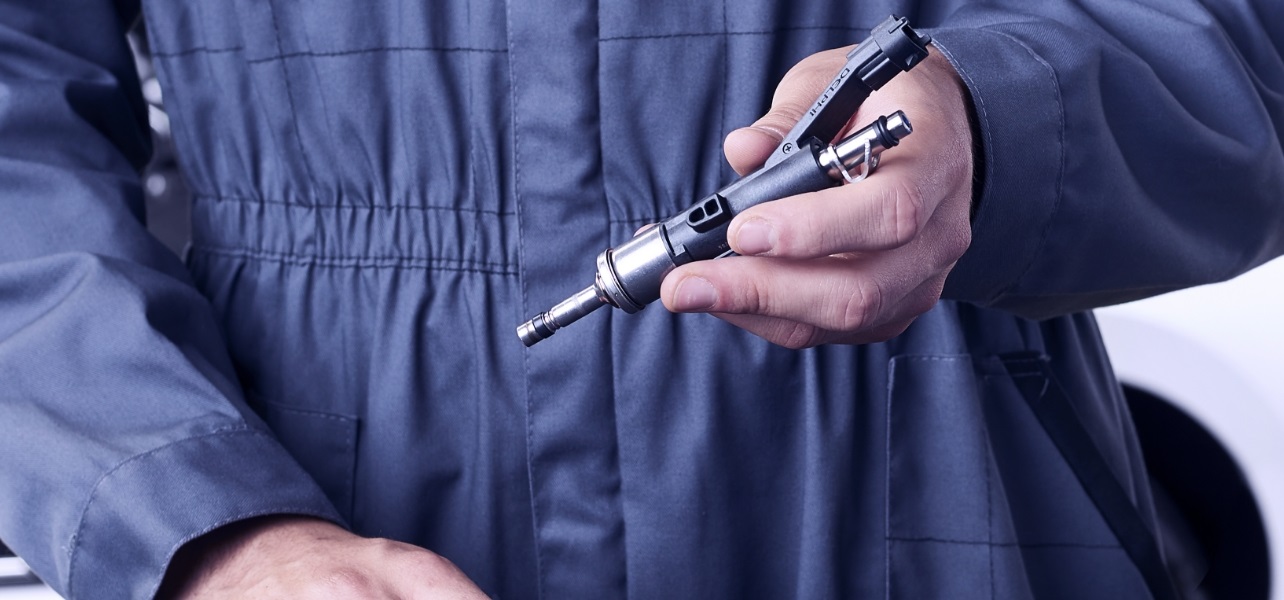
Find out where to buy Delphi parts
